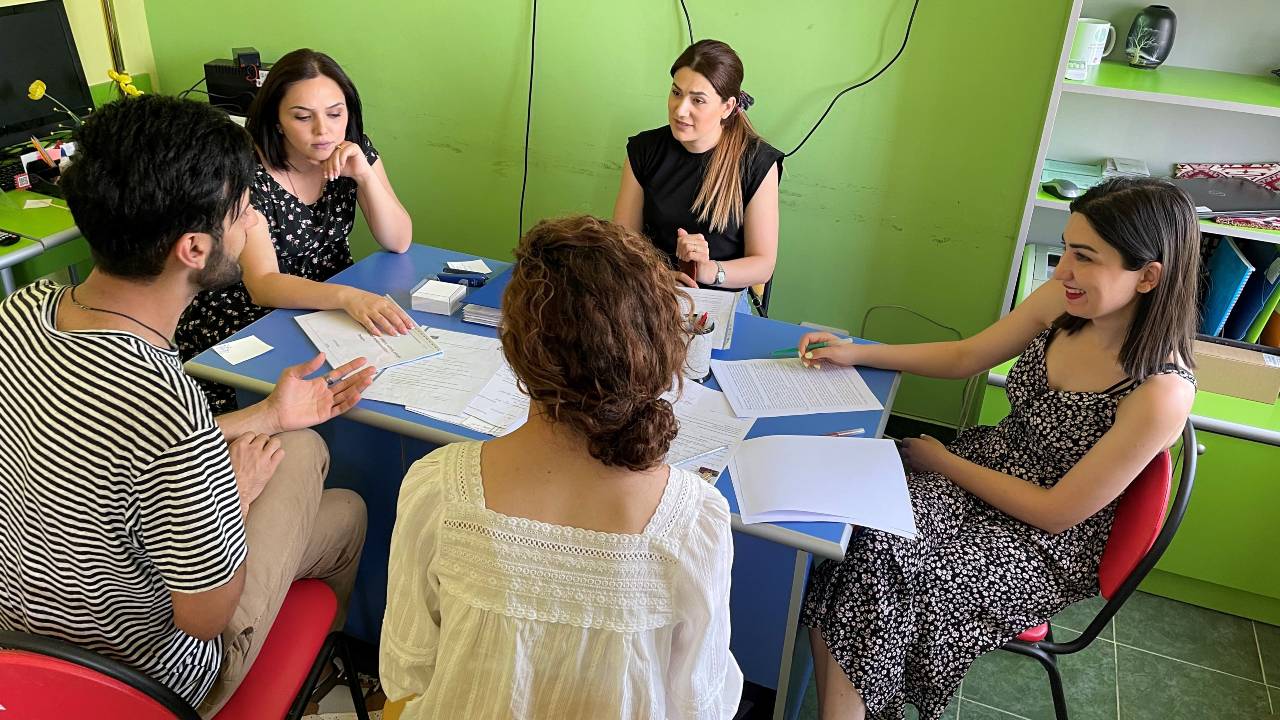Yezidi girls and women constitute the most vulnerable segment of this group in Armenia and usually they do not continue education after completing secondary education.
The NGO Armavir Development Center from Armenia, based in the city of Armavir where a large Yazidi community lives, is implementing a project with the aim of empowering young Yezidi girls to continue their education and raise their voice over the period of December 2021-April 2022. This project is carried out with the support of the European Union/Council of Europe joint programme Partnership for Good Governance, and its regional project “Strengthening access to justice for victims of discrimination, hate speech and hate crimes in the Eastern Partnership.
The core objectives of the project are as follows:
- raise Yezidi students’, girls’ and parents’ awareness on the importance of education and learning, as well as promote human rights and fundamental freedoms;
- build capacities and facilitate the horizontal cooperation of local authorities, social workers, school administration and teachers to ensure the access of education of Yezidi girls mobilising against discrimination and further violations of the girls rights;
- build the capacities of 20 teachers on promoting inclusive and quality education for all.
The project will be implemented in 5 rural communities of Armavir, where the number of Yezidi people is high. The project-related activities will target Yezidi girls, their parents, teachers and representatives from civil society organizations and local authorities. The long-term impacts of the project are expected to be the change in the attitude and perception of target groups towards the realisation of the right to education of Yezidi girls and women; the reduction in the number of girls removed from educational institutions; and improved knowledge of the issue of the concerned stakeholders, direct and indirect beneficiaries.
This project is one of the six civil society supported by the European Union/Council of Europe regional anti-discrimination project, in Armenia, the Republic of Moldova and Ukraine aimed at increasing access to justice for groups that experience discrimination, hate speech and hate crime.
This activity is implemented in the framework of the regional project “Strengthening access to justice for victims of discrimination, hate crime and hate speech in the Eastern Partnership,” funded by the European Union and the Council of Europe and implemented by the Council of Europe in their Partnership for Good Governance II 2019-2022.





